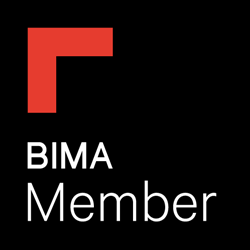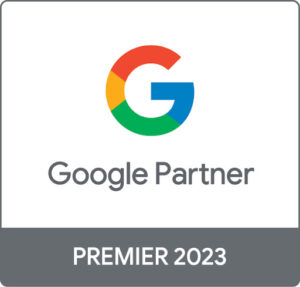SEO, short for Search Engine Optimisation, is the process of attempting to increase a website’s position for organic, natural or not paid for search engine rankings.
How often do you use a search engine? Five or six times a day? More? Less? Well, with over 131 billion searches on the Internet per month – it’s pretty safe to say that search engines play a very important part in society.
What is a Search Engine?
The purpose of a search engine is to return a list of the most relevant, useful and authoratitive results for a user’s search query. Take Google for example – Google’s mission statement is “to organise the world’s information and make it universally accessible and useful”.
There are hundreds of search engines across the web, I’m sure you will use most of them every single day. Google, which is said to have an 85% market share, Yahoo!, Bing, YouTube, Facebook, Twitter – one way or another they are all search engines.
How does Google organise its organic search results?
In most cases Google will promote what we call ‘authority pages’ to the top of its rankings for specific search terms or keyword searches.
An ‘authority page’ is a webpage that contains useful, relevant and informative content, so long as other pages link to it. The idea being if a page is good enough, other websites will link to it as reference to its quality.
Google and other major search engines all consider the number and the quality of links from other websites to understand how authoritative webpages are. The more interesting and authoritative the page is the higher it will appear in search engine rankings.
However, SEO is deeper than just writing good content and getting people to link to it. SEO is a long process and should be combined with a well-researched and structured digital marketing strategy.
Combining good quality SEO with social media marketing, online PR, content marketing, PPC, e-mail marketing and on-page conversion rate optimisation is force to be reckoned with.










